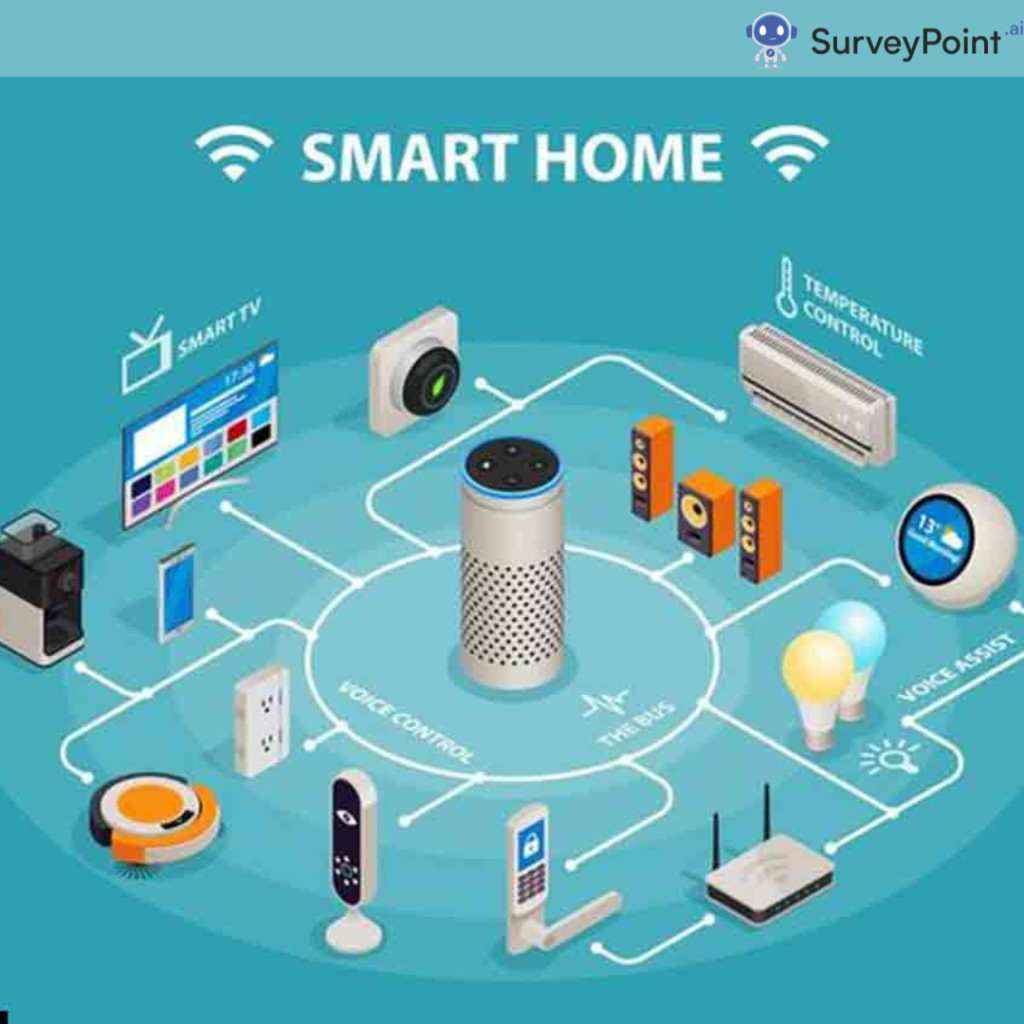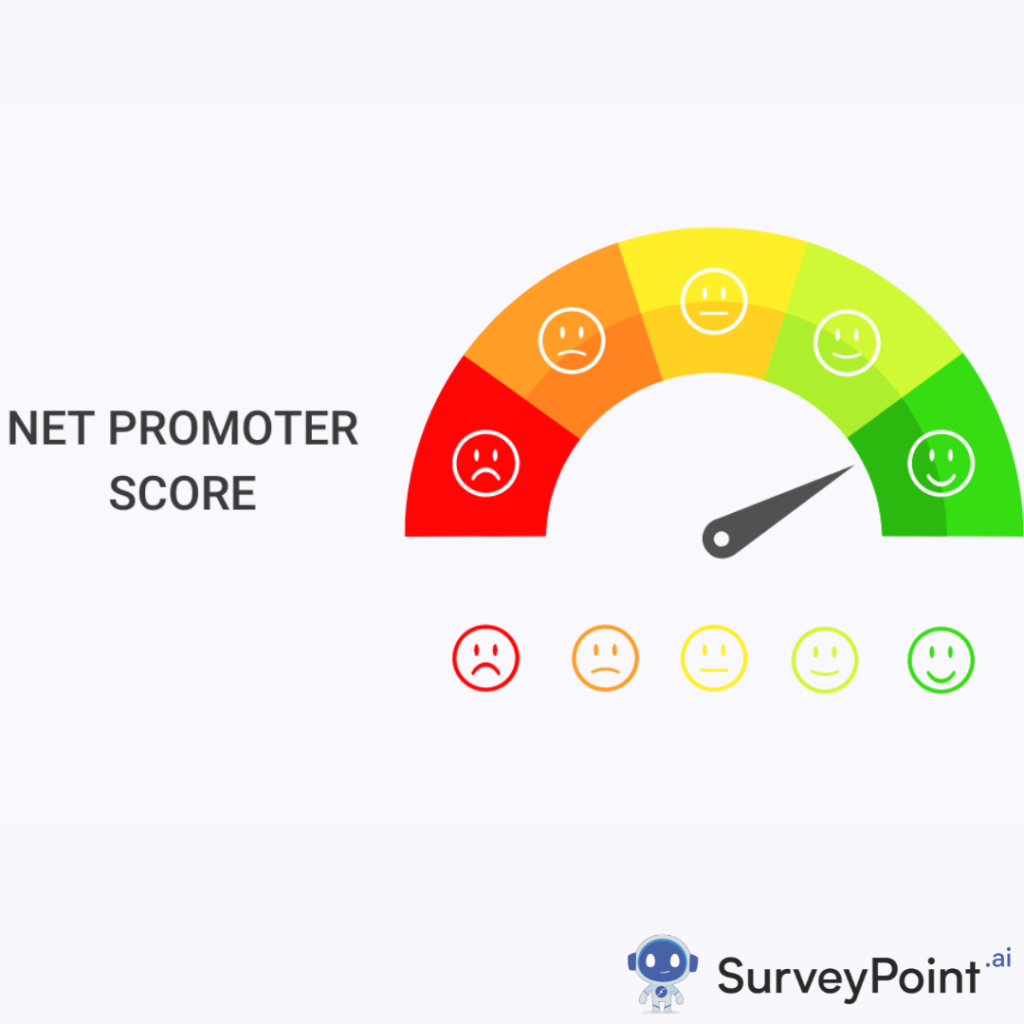
The world of smart home technology is evolving at breakneck speed, making our homes more efficient, secure, and connected. As we move into 2025, the trend toward smart living is only accelerating, with innovations that promise even more convenience, energy efficiency, and customized control. Let’s take a look at the most anticipated smart home trends for 2025 that are set to transform the way we live.
1. AI-Powered Home Assistants and Personalized Automation
Home assistants like Alexa and Google Assistant have become staples, but 2025 will take their capabilities to the next level with advanced artificial intelligence. These assistants will become smarter, seamlessly integrating with more home devices and learning your daily patterns to offer proactive assistance. For instance:
- Personalized routines: Your AI assistant might detect when you’re about to leave home and automatically turn off lights, lock doors, and lower the thermostat.
- Improved language understanding: They’ll understand context better, allowing for more natural and conversational interactions.
- Multi-user personalization: Assistants will identify different household members and tailor their responses and routines to individual preferences.
This more advanced automation will make AI-powered home assistants essential for everyday tasks, offering hands-free management of complex routines.
2. Energy Management and Sustainable Living
With rising concerns over climate change and energy efficiency, 2025’s smart homes will prioritize energy management solutions that make sustainability effortless.
- Smart meters: These new meters provide real-time insights into energy consumption and offer suggestions to reduce usage. They’ll monitor energy waste, like lights left on in empty rooms, and make adjustments automatically.
- Eco-friendly appliances: Expect to see more energy-efficient smart appliances that optimize performance based on user habits. Smart dishwashers, for example, may delay their cycles to non-peak hours to save energy.
- Renewable energy integration: Many homeowners will adopt solar energy systems that pair with smart energy storage, allowing them to store excess power generated by solar panels and reduce dependency on the grid.
These innovations make a sustainable home not only accessible but also easy to manage.
3. Smart Security with Advanced Surveillance and Biometric Entry
Home security technology has made great strides, and 2025 is set to bring even more robust and user-friendly security options.
- Biometric locks: Forget traditional locks or even passcodes; biometric access, such as facial recognition or fingerprint scanning, will secure homes. They offer quick, secure access and can be integrated with home security systems for extra safety.
- 360-degree cameras with AI: Advanced smart cameras can detect unusual activity and recognize faces, allowing you to track who enters and exits your home and identify unfamiliar visitors.
- Smart sensors for windows and doors: These sensors will alert homeowners if a window or door is left open or if there’s suspicious movement around the property. They’ll even work with AI to send notifications only when real threats are detected, reducing false alarms.
4. Health Monitoring and Wellness Rooms
Smart home technology is branching out into health and wellness, and 2025 will see a rise in smart devices that help track health metrics and foster a wellness-focused environment.
- Wellness pods: These designated spaces in homes are equipped with everything from circadian lighting systems to air purifiers and even meditation apps, providing a sanctuary for relaxation and rejuvenation.
- Health-tracking mirrors: Smart mirrors can scan your vital signs, like heart rate and skin condition, while suggesting skincare or fitness routines based on your readings.
- Air quality sensors and purifiers: Advanced air purifiers will work with sensors to monitor indoor air quality, adjusting to maintain optimal conditions, especially helpful for households with allergy sufferers or people in polluted urban areas.
5. Smart Kitchens with AI-Powered Appliances
2025’s kitchen will be a hub of smart innovations, making cooking more efficient and healthier than ever.
- AI-powered ovens: These ovens will automatically detect the food you’re cooking and adjust temperature and cooking time for the perfect result. Some will even offer recipe suggestions based on the ingredients you have on hand.
- Food inventory management: Smart fridges will keep track of expiration dates and let you know when items are running low. Some will even suggest recipes to make the most of the ingredients you already have.
- Voice-controlled cooking appliances: With voice commands, you’ll be able to preheat your oven, set your coffee maker, or adjust cooking settings while multitasking around the kitchen.
These advancements save time, reduce food waste, and help with healthy meal planning.
6. Home Entertainment and Augmented Reality Experiences
Entertainment in 2025 is all about immersive and interactive experiences. Smart home tech will enhance our leisure time in new and exciting ways.
- Augmented reality (AR) projectors: AR will revolutionize home entertainment, allowing users to interact with virtual elements in their living room. Imagine watching a cooking show and having the recipe virtually laid out in your kitchen, or seeing a yoga instructor guide you through poses in your own space.
- Smart sound systems: These systems will use spatial awareness to adjust audio quality based on room size and shape, delivering a theater-like experience.
- Multi-screen syncing: Streaming platforms and devices will seamlessly connect to offer multi-room viewing, so you can start a show in the living room and continue it in the bedroom without missing a beat.
7. Improved Home Networking with Wi-Fi 7
As homes become increasingly connected, fast and reliable internet will be essential for smooth operation. Enter Wi-Fi 7, set to be the next-generation standard for home networks.
- Enhanced speeds and bandwidth: Wi-Fi 7 will deliver faster speeds and better performance for homes with multiple devices, allowing for uninterrupted streaming, gaming, and remote work.
- Greater coverage: It will improve signal strength across larger homes, ensuring that even the farthest corners have reliable connectivity.
- Low latency: This means fewer delays, a huge benefit for video calls, streaming, and gaming.
With Wi-Fi 7, smart homes will have the connectivity needed to handle the heavy load of multiple smart devices running simultaneously.
Conclusion: Embracing the Future of Smart Living
The smart home of 2025 is focused on enhancing every aspect of daily life, from improving energy efficiency and security to creating immersive entertainment experiences. With advancements in AI, IoT, and AR, homes will become more than just a place to live—they’ll be interactive environments tailored to our individual needs.
As these technologies become more accessible, more homeowners will embrace smart living, making these innovations standard features in homes of the future. So, whether you’re already using smart devices or just getting started, there’s plenty to look forward to as the future of home living takes shape. For more information checkout- surveypoint.ai




